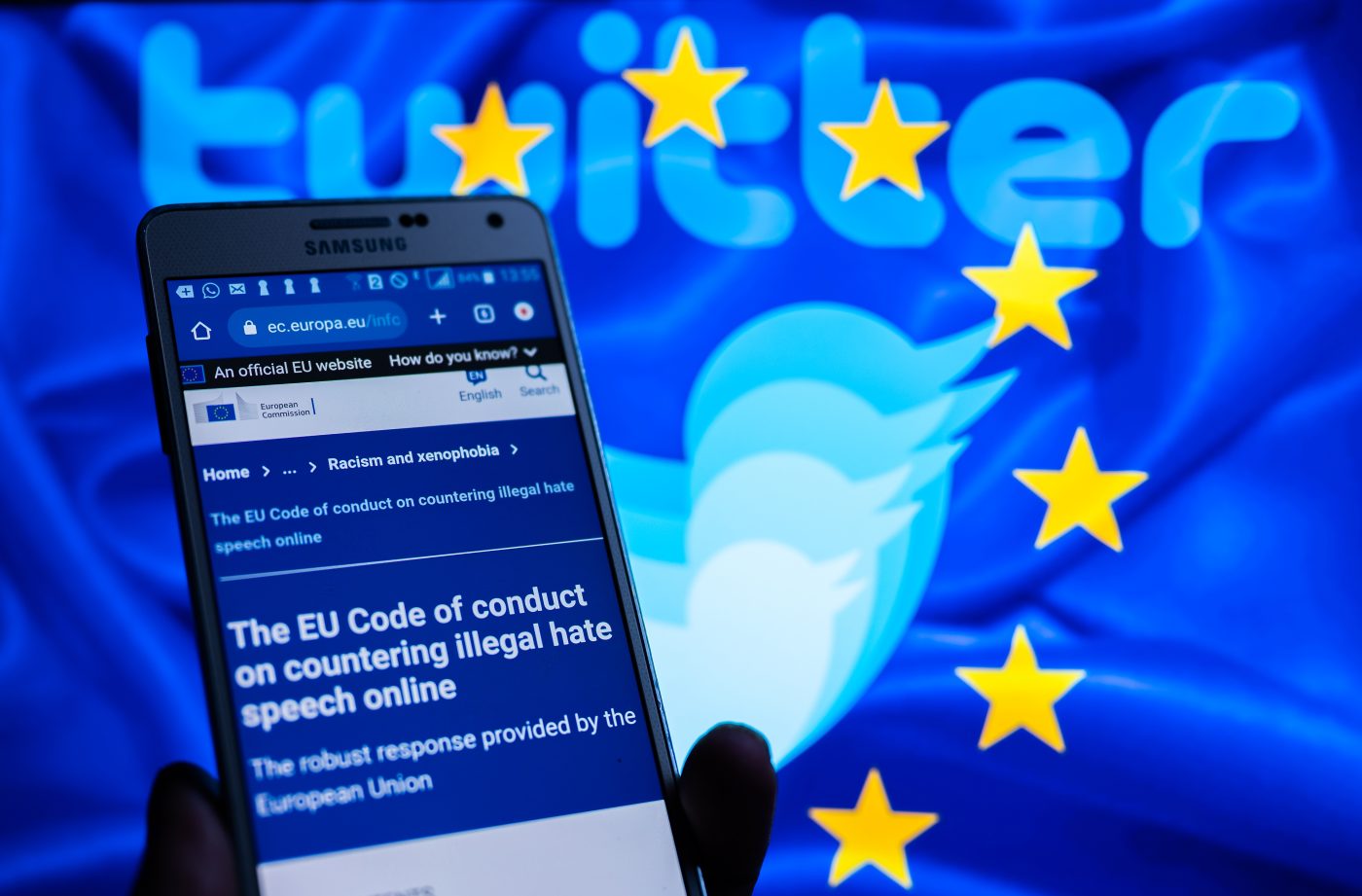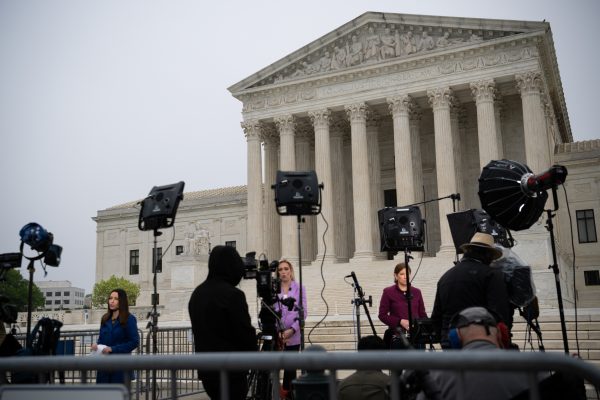After Musk’s takeover of Twitter, European Commissioner Thierry Breton tweeted an ominous warning: “It’s time to put some order in the digital ‘Wild West.’ A new sheriff is in town – and it goes by the name #DSA.”
But the self-proclaimed digital sheriff Breton failed to mention that the DSA – short for the Digital Services Act – only goes into effect in September, 2023, and its consequences remain uncertain. For now, Breton’s DSA gun, while potentially lethal, lacks ammunition.
The Twitter tussle demonstrates how regulators are struggling to come to terms with online hate speech. What’s illegal in one country is legal in another. Past attempts to control speech in democracies have flopped. New laws remain to be implemented and enforced.
To be sure, Musk’s erratic content shifts have unnerved policymakers. Twitter’s new owner has fired the company’s online safety leaders, restored former President Donald Trump’s account, banned and then restored certain journalists to the platform, and attempted to block tweets directed to other social media sites. Hate speech on Twitter is soaring.
This week, Musk conducted an online poll about whether he should continue as CEO of Twitter. More than 17 million users voted. Musk lost by a 57 percent to 43 percent margin. Musk now says he will step down once a new CEO is hired.
On both sides of the Atlantic, politicians are dismayed. In the US, Congressional Democrats have posed tough questions about data and privacy on the platform. But Republicans, long frustrated by what they see as Twitter’s left-leaning moderation policies, have demonstrated little appetite. Two cases going before the US Supreme Court could end up being decisive, either limiting platforms’ abilities to moderate content or increasing their liability and forcing them to limit free speech.
In contrast, Europe has approved and is preparing to implement the landmark DSA. Sheriff Breton has ordered “Commission teams to enforce DSA no later than: 1 September 2023” and strongly encouraged “platforms to fully comply even sooner.”
The DSA requires speech platforms and search engines “to undertake a comprehensive assessment of risks to fundamental rights, including the freedom of expression, the protection of personal data, and freedom and pluralism of the media online as well as the rights of the child.” Platforms that break the law face fines up to six percent of their revenue.
That’s powerful artillery. The problem is, no one knows how the law should and can be enforced. Although the European Commission is hiring new regulators to work under Sheriff Breton, it remains unclear what constitutes a violation. It’s even unclear if the DSA would prevent Twitter from taking down journalist accounts. Any fine would require a lengthy investigation. By the time Europe’s regulators acted against Musk’s Twitter, the tweet bird may no longer be flying.
Another proposed European law, the Media Freedom Act, is designed to “protect media independence and pluralism.” It would forbid tech companies from banning registered media groups. But the proposal remains controversial – critics say it could hobble platform efforts to limit hate speech – and far from assured of eventual approval by European governments and the European Parliament. In any case, the Media Freedom Act would not prevent Musk’s Twitter from closing individual accounts.
The upshot is clear: it’s a tough task for any sheriff to corral free speech in a democracy. Authoritarian China and Russia have imposed firewalls, and even those are often breached. The US First Amendment limits most government restrictions on speech. Europe criminalizes certain speech, such as Holocaust denial, but the boundaries change from country to country, with the Nordics permitting much more free expression than Southern Europeans.
Germany made a bold attempt by passing a so-called “Network Enforcement Act,” or NetzDG law. It threatened online platforms with fines of up to €50 million for systemic failure to delete illegal content. Supporters saw the legislation as a necessary and efficient response to the threat of online hatred and extremism. Critics viewed it as an attempt to privatize a new ‘draconian’ censorship regime, forcing social media platforms to respond to this new painful liability with unnecessary takedowns.
In reality, a study that I researched and co-wrote showed that the law had little impact. NetzDG did not provoke mass requests for takedowns. Nor did it force internet platforms to adopt a ‘take down, ask later’ approach. Its overall impact was, at best, minimal.
The proper balance between free expression and hate speech remains difficult to locate. In the digital age, where anybody, anywhere can reach a global audience with a few keyboard strokes, this balancing act becomes almost impossible to achieve. We want to tame hate. But we don’t want to endanger freedom.
Bill Echikson is CEPA’s Acting Director of the Digital Innovation Initiative and editor of the Bandwidth blog.
Bandwidth is CEPA’s online journal dedicated to advancing transatlantic cooperation on tech policy. All opinions are those of the author and do not necessarily represent the position or views of the institutions they represent or the Center for European Policy Analysis.





